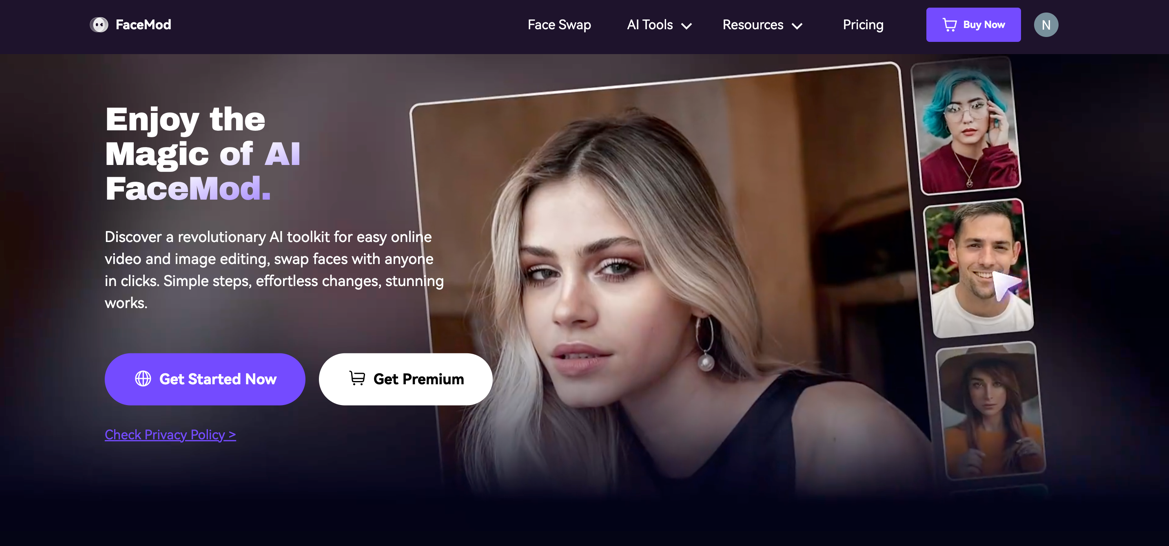
Most web users are familiar with the experience: You choose a site from a list of search results, but quickly realize you chose wrong. The page takes ages to load. A pop-up appears in front of the item you wanted to read. When you go to close it, everything on the page suddenly moves, and your next click hits an ad by mistake.
A new “page experience” update from Alphabet Inc.’s Google that will be introduced to all users by the end of August aims to cut down on frustrating episodes like those.
If two websites are identical in every other way, the one that launches faster, jiggles around less when loading and lets users interact with it more quickly will be placed higher in Google Search. These three metrics, which Google calls core web vitals, will let the company rate a page’s user experience, alongside existing Google measurements of how mobile-friendly it is, whether its connection is secure and whether it contains intrusive elements such as pop-ups.
“It’s very rare that Google releases such a huge update for user experience,” said Asaf Shamly, co-founder and chief executive of Browsi Mobile LLC, a technology firm based in Tel Aviv that uses artificial intelligence to optimize ad placement on publishers’ websites. “I’ve been getting so many calls from publishers—this is their top conversation of the month,” Mr. Shamly said.
Which websites it affects, however, will depend.
The overall impact is likely to be minimal, said Barry Schwartz, chief executive of RustyBrick, a New York web-service company
specializing in customized online technology that helps businesses cut costs.
Page experience signals will be only a few among the hundreds that Google already considers when generating search results, and relevancy will remain the most important, Mr. Schwartz said. “If a page is super slow, but it’s the most relevant page to the search, it’s always going to trump” websites with a better page experience, he said.
- Chamisa under fire over US$120K donation
- Mavhunga puts DeMbare into Chibuku quarterfinals
- Pension funds bet on Cabora Bassa oilfields
- Councils defy govt fire tender directive
Keep Reading
But page experience can be important for search visibility where many sites are similar in relevance, Google said.
Some website owners are doing all they can to improve their page experience as the update arrives.Organix Brands Ltd., a maker of organic baby food based in the U.K., invests extensively in search engine optimization so its website stands out in the booming parenting category online. About 44% of visitors to its online shop arrive via a search engine, said Mona Nikzad, digital and e-commerce marketing strategist at Organix.
“Because it’s such a competitive industry, I wasn’t going to take any chances on this new update and risk being penalized,” Ms. Nikzad said. Organix’s search engine optimization agency, Blue Array Ltd., this year pulled together a series of recommendations to improve its page experience, from reducing the size of slow-loading images to altering the order in which elements on the pages loaded. Ms. Nikzad said she accepted them all.
The update might particularly serve as a wake-up call to publishers, said Mr. Shamly, the Browsi co-founder. E-commerce sites have historically emphasized user experience, knowing that a clunky system can lead to lost sales. Many publishers haven’t, instead focusing on advertising revenue, and winding up with ads appearing on their sites over which they have little control, he said.
Art Patterson, business-development manager at the Broke Backpacker, said the team at the travel website realized last year that its performance was severely slowed down by ad units, the containers used to display ads, and plug-ins, software add-ons that extend functionality.
Aware that Google’s page experience update was coming, and already suffering from a traffic drop as searches for travel tips dissipated during the pandemic, the company employed digital agency StrategiQ Marketing Ltd. to redesign the site.
StrategiQ made a number of changes to reduce loading times and prevent moving elements as pages load. Steps included hosting the site’s fonts on its own server, rather than pulling them from Google’s font library, and gutting the site of banner ads.The Broke Backpacker will focus on bringing in revenue from affiliate links and branded content rather than display advertising, Mr. Patterson said.
“We figured that the speed we would get would be worth the trade-off,” he added. –The Wall Street Journal











